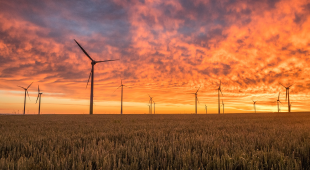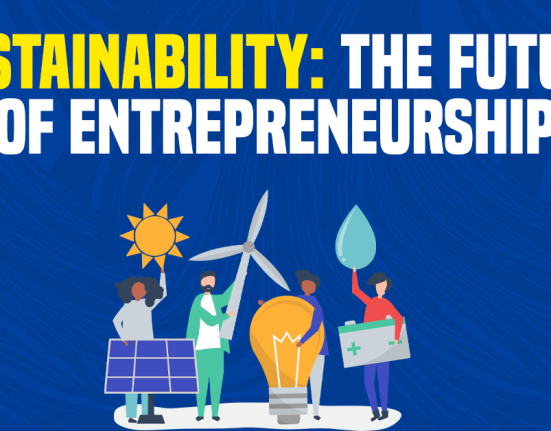The effect of methane emission has led to the duo countries of Nigeria and Canada announcing new rules targeted towards reducing its at their sites, facilities and infrastructures at the UN climate summit.
Rising from the the U.N. climate summit on Friday, Reuters reported that oil and gas producing countries, Canada and Nigeria have now become the latest countries set to tackle the greenhouse gas methane— what this means is that new rules are already on the way in these countries to check and control the emission of methane in the oil and gas sector.
And from this announcement, the questions on many lips may be, so what’s about methane and how is it being able to account for global warming and the greenhouse effect— what is really the big deal about methane and why should we be bothered about its effect on climate change.
According to the United Nations Environment Programme (UNEP), Methane is considered a powerful greenhouse gas that comes with an 80times potent warming ability over a 20-year period than carbon dioxide. It is a main contributor to the formation of ground-level ozone, which is a hazardous air pollutant and greenhouse gas.
Exposure to this dangerous methane gas has accounted for over 1 million premature deaths every year according to the climate and clean air coalition. This most powerful green house gas is also said to account for an estimated 30 percent of global warming from pre-industrial years and is rapidly increasing since its effect was first recorded in the 1980s. It is the main component of natural gas which breaks out into the atmosphere from oil wells and leaking gas pipelines.
This effect of methane emission thus led to the duo countries of Nigeria and Canada announcing their countries new rules targeted towards reducing its at their sites, facilities and infrastructures at the UN climate summit on Friday.
Whilst Canada’s rules are aimed at a 75% cut in methane emission from the oil and gas sector by the year 2030, which would also include a proposed monthly requirement for the oil and gas companies to detect and fix any leaks in their facilities and infrastructures, Africa’s oil giant Nigeria also announced it has set new rules to reducing emissions in the oil and gas industry to include requirements for leak detection and repairs, flaring limitations and controls on venting equipment.
With this announcement from the summit, backed up by a joint declaration from the US and the EU, alongside Japan, Canada, Norway, Singapore and the Britain with a commitment to working toward creating an international market for fossil fuels that minimizes methane emissions, it is almost certain that the November 2021 Global Methane Pledge signed by about 130 nations to cut 30% methane emissions by 2030 is near reach.











Leave feedback about this